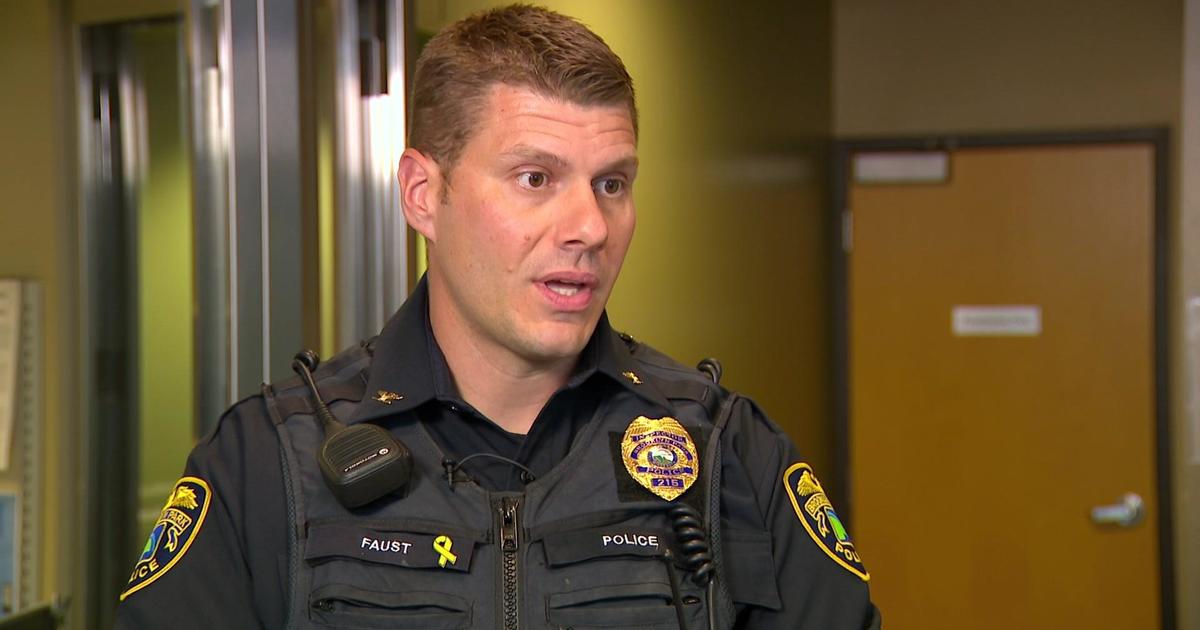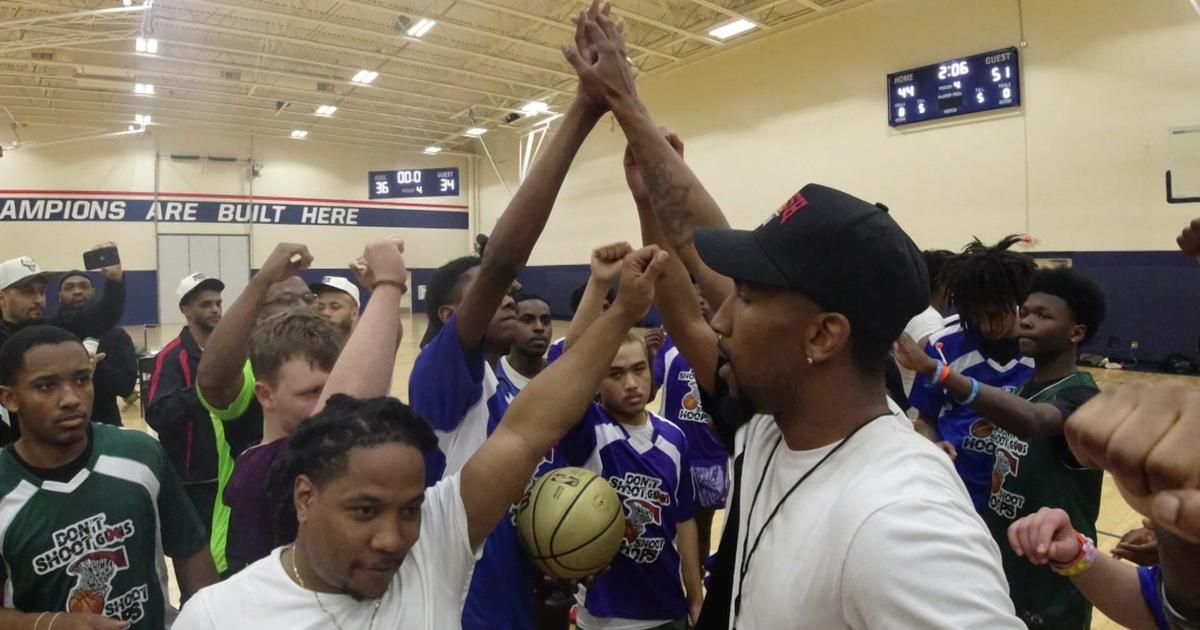Girl Hockey Players Face Higher Risk Of Concussions, Study Finds
MINNEAPOLIS (WCCO) -- Every team at the annual girl's high school hockey tournament has one thing in common when they step on the ice: An increased awareness of concussions.
For Andover junior varsity hockey player Emma Tammi, hockey's not just a sport. It is as much a part of her life as eating and sleeping. And yet she didn't quite realize that until one day last winter, when hockey went away.
"The day before I fell at the game, I slipped on ice at my house and hit the back of my head," she said. "I just kind of stayed at school thinking nothing of it. I was like, 'Oh I'm fine, I can play tomorrow. And then I tripped over a girl's stick and fell and hit the side of my head, and I remember getting up and everything was spinning."
Tammi had all the symptoms of a concussion: Sensitivity to light and sound, and the inability to focus. She spent two and a half months getting back everything she took for granted.
"I felt really disconnected from everyone, and I just started isolating myself," she said. "I just got really sad during that period."
A Minnesota Department of Health study found girls, particularly girls who play hockey, are more likely to get a concussion than boys. Brain surgeon Dr. Uzma Samadani says it's part biological. Boys have stronger necks and thicker skulls.
"And then there are other differences," Dr. Samadani, who practices out of CentraCare, said. "From a young age, many boys engage in rough play. They tackle each other. They learn to tumble. Many girls don't do this."
So what should parents do?
Samadani does not suggest ruling sports out completely. After all, her son plays football.
"We don't want to deprive our children of that," Samadani said.
Instead, she encourages parents to get their kids to talk about it.
"We need to have a clear dialogue," Samadani said. "We should have a dialogue about everything, you know, about drugs, about smoking, about driving. But definitely about brain injury."
It's a lesson Tammi definitely learned.
"I feel like that's one of the biggest issues with concussions— not telling people," she said. "Because you want to play, but you have to realize it's your brain, and that's the center of your body. You need that for the rest of your life."



